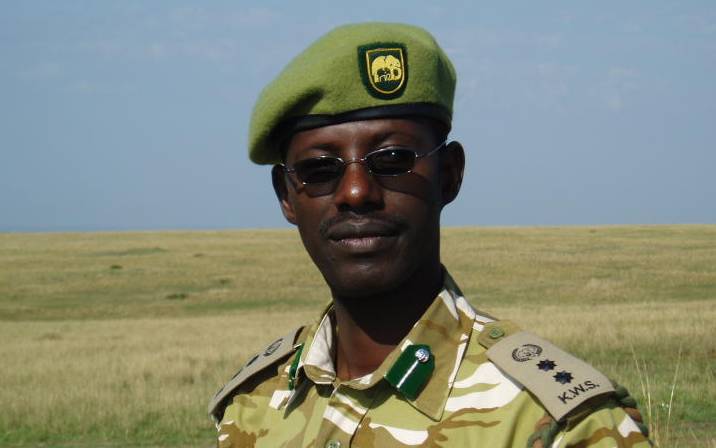×
The Standard e-Paper
Home To Bold Columnists

The conditions into which Dr Tuqa Jirmo (above) was born into were less than ideal for academic success, but that did not stop him. “Where I was born and brought up we had no school and we would move around with livestock in search of pasture and water,” begins Jirmo who is now 48 and holds a doctorate degree in conservation.